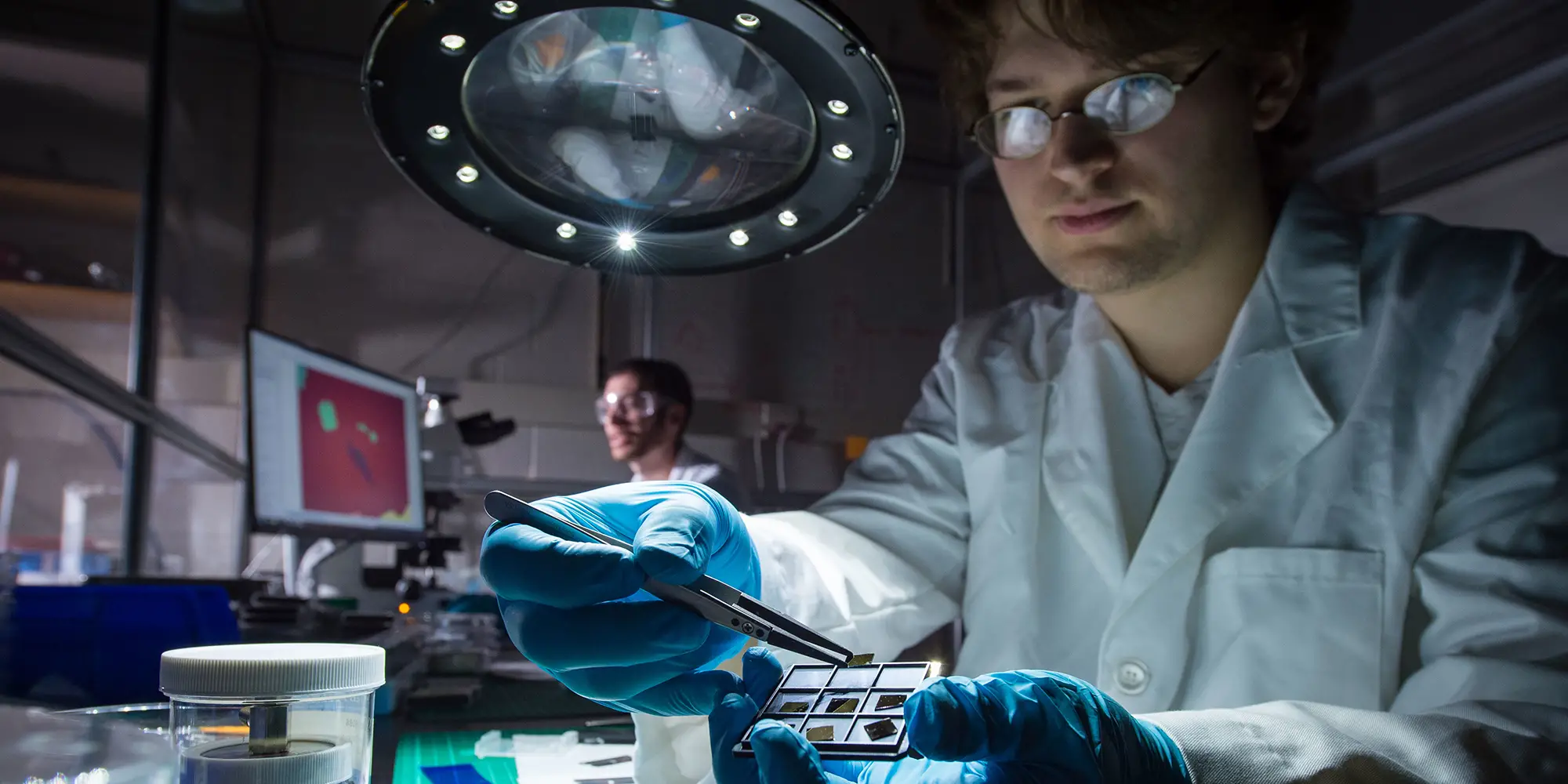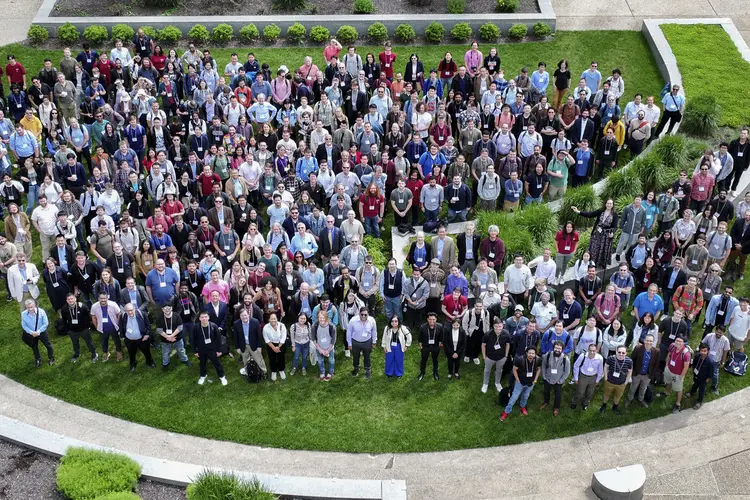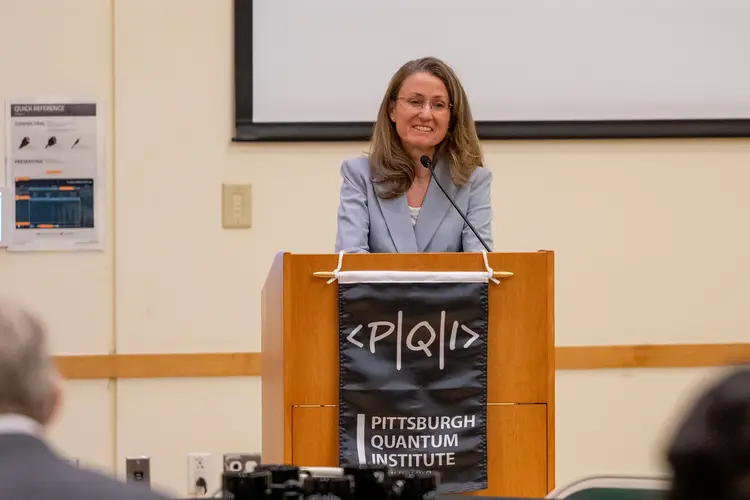
Physics Launches New Master’s Degree Program
Media Inquiries
A new master’s degree created by Carnegie Mellon University’s Department of Physics(opens in new window) will help students hone the talents and expertise needed for applying to Ph.D. programs and for future job opportunities in technical fields.
“We want to help students prepare academically and provide research opportunities to help them be competitive,” said Rachel Mandelbaum(opens in new window), interim head of the Department of Physics.
The Master of Science in Modern Physics(opens in new window) program will help students successfully apply to Ph.D. programs later and develop needed job skills, said Sufei Shi(opens in new window), associate professor of physics.
“The physics program at Carnegie Mellon is well known for rigorous training across the broad field of physics,” Shi said. “The new master’s program will draw on that deep knowledge to provide high-quality training opportunities for students interested in future doctoral programs. The extensive curriculum and research opportunities also will help students identify subfields that strongly interest them.”
The Master of Science in Modern Physics is designed to help develop the next-generation workforce. There is a growing demand for experts in the U.S. semiconductor industry, quantum technologies and other fields where logic, problem-solving and critical thinking can help solve some of the world's most pressing problems.
Over the next decade, the Creating Helpful Incentives to Produce Semiconductors (CHIPS) for America Fund aims to provide opportunities for manufacturing semiconductors in the United States. Research experiences with renowned faculty in the department will directly train students in this master’s program with expertise that addresses these needs, aligned with national initiatives such as the CHIPS and Science Act(opens in new window).
Launching in fall 2025, the program is designed to be completed in two years. Research or internship experience is highly encouraged to ensure that students develop a deep understanding of the area of focus in which they are interested and gain practical experience in real-world applications. The curriculum is designed to provide rigorous foundational training in modern physics while allowing students to focus on areas of interest such as condensed matter physics, biophysics, high-energy physics, astrophysics, etc.
Domestic students accepted into the master's degree may be considered for the CMU Rales Fellows program(opens in new window). The program, established in February 2023, is dedicated to cultivating the next generation of STEM leaders and increasing access to graduate education. It is made possible through a partnership between Carnegie Mellon University and the Norman and Ruth Rales Foundation.


